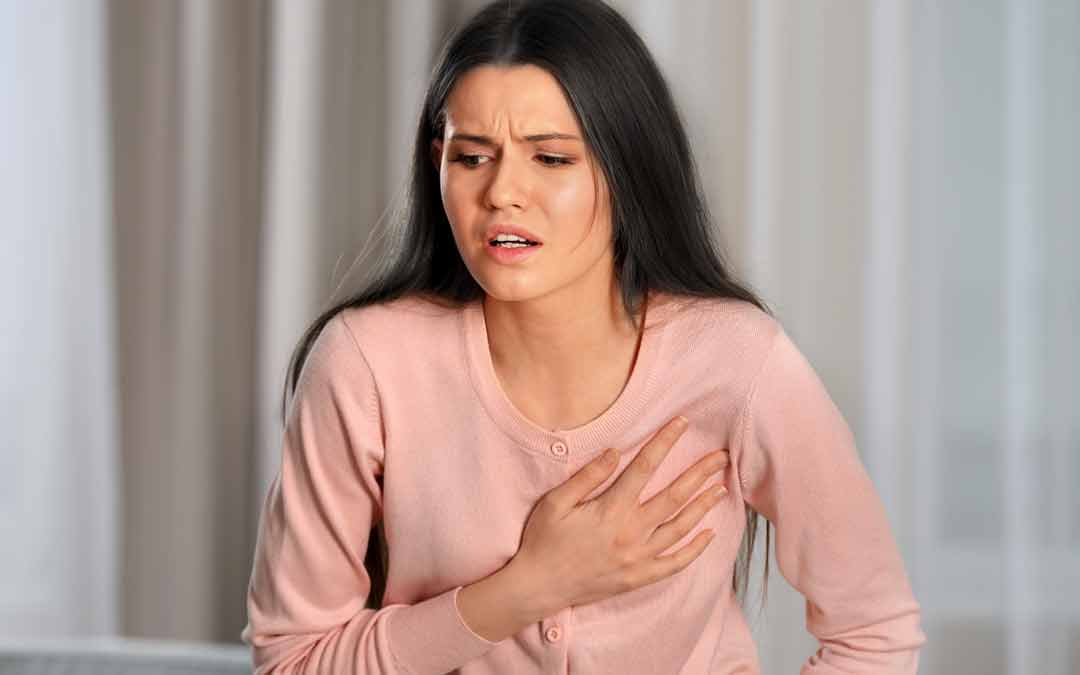A “mini heart attack,” also known as a non-ST elevation myocardial infarction (NSTEMI), is a type of heart attack that occurs when there is a partial blockage in a coronary artery. This blockage prevents oxygen and nutrient-rich blood from reaching a part of the heart muscle, which can lead to damage or death of the affected tissue.
Symptoms of Mini Heart Attack
Symptoms of a mini heart attack can include chest pain or discomfort, shortness of breath, sweating, nausea, and/or lightheadedness. The severity and duration of these symptoms can vary greatly from person to person. Some individuals may experience mild discomfort that goes away quickly, while others may have severe pain that lasts for several hours.
It is important to note that not all heart attacks present with classic symptoms such as chest pain. Some people may experience more subtle symptoms such as fatigue, difficulty breathing, or even flu-like symptoms. Therefore, it is important to be aware of any unusual symptoms and seek medical attention if you suspect you may be having a heart attack.
Diagnosis of a mini heart attack
Diagnosis of a mini heart attack typically involves a physical examination, blood tests to measure cardiac enzymes, and a diagnostic imaging test such as an electrocardiogram (ECG) or a cardiac catheterization.
Treatment for a mini heart attack
Treatment for a mini heart attack typically begins in the emergency department with medications to relieve chest pain and prevent further damage to the heart muscle. These medications may include aspirin, nitroglycerin, and heparin.
In addition to these initial medications, individuals who have had a mini heart attack will also typically be started on long-term medications to reduce the risk of future cardiac events. These medications may include blood thinners, statins, ACE inhibitors, and beta blockers.
In some cases, individuals may also be referred for further treatment such as angioplasty and stenting, which can help to open up blocked coronary arteries and restore blood flow to the heart.
In addition to medical treatment, lifestyle changes can also play an important role in reducing the risk of future heart attacks. This may include quitting smoking, eating a healthy diet, getting regular exercise, managing stress, and maintaining a healthy weight.
It is important to work closely with your healthcare provider to create a treatment plan that is tailored to your specific needs and health status. With appropriate treatment and lifestyle changes, individuals who have had a mini heart attack can often return to a full and active life.
It is important to note that mini heart attacks are serious events and should be treated as such. Even though the symptoms may be less severe than a full-blown heart attack, the damage done to the heart muscle can still be significant. By seeking prompt medical attention, you can increase your chances of a successful recovery.

 Home
Home Health
Health Diet & Nutrition
Diet & Nutrition Living Well
Living Well More
More












